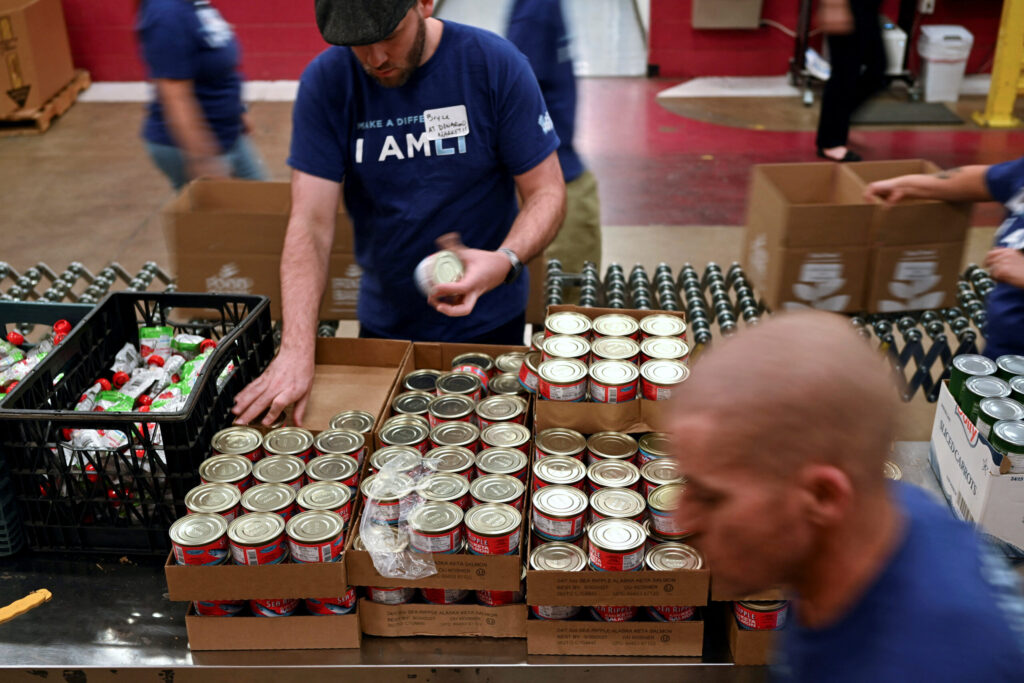Democrats advance regulations to eliminate lead in drinking water in schools, daycares

Democrats advanced regulations Tuesday to crack down on lead-contaminated drinking water in schools and daycares, passing the proposed bill out of its first committee.
If enacted, House Bill 1358 would require schools and child care facilities to install filters on drinking water sources, provide bottle filling stations and annually test drinking water for lead. The bill would use $34.6 million in one-time federal dollars from the American Rescue Plan Act to fund the initial expenses in the first year.
“We have this one-time opportunity to use some funds available to address an issue that continues to plague us today,” said bill sponsor Rep. Emily Sirota, D-Denver. “Lead is present in our drinking water in our schools and in our child care centers. … It is a poisonous heavy metal that can cause irreversible damage to children and fetuses.”
A national analysis estimated that 72% of Colorado children under 6 years old have detectable levels of lead in their blood – much higher than the national average of 51%. Even low levels of lead exposure can negatively impact a child’s IQ, behavior, learning ability, growth and hearing, according to the Centers for Disease Control and Prevention.
The House Public and Behavioral Health Committee passed the bill in an 8-4 vote along party lines, with all Democrats in support and all Republicans in opposition.
The vote came after more than two hours of debate and public testimony, during which several daycare owners described the regulations as burdensome and overreaching – especially for small, home-based child care centers.
“We love children but are opposed to this bill,” said Dawn Alexander, executive director of the Early Childhood Education Association of Colorado. “There has been no data collected on lead levels in child care homes and centers. In fact, no public education program for child care programs has been initiated. Instead, the legislation skips comments and solutions to impose new regulations on child care programs.”
In 2017, the legislature created a fund for voluntary lead testing programs for schools. Sirota said only 64 schools utilized the tests, and of them, 40 tested positive for lead. No such tests have been conducted for child care centers.
Supporters of the bill said the state must act to protect children from lead exposure, and focusing on the facilities where children spend most of their time outside of the home is common sense.
“We’ve known for decades that lead is highly toxic for kids – harming their growth, development and learning,” said Danny Katz, executive director of the Colorado Public Interest Research Group. “We have slow-played undoing that damage for decades. Enough is enough. Filtering the water at every tap where kids drink is the best step right now to eliminate this health hazard, so our kids have safe drinking water wherever they go to learn and play each day.”
Several representatives of local schools and school districts said the bill will be nearly impossible to comply with because it defines acceptable lead levels as less than 1 part per billion. Regulations from the Environmental Protection Agency allow up to 15 parts per billion, however, the organization clarifies that “there is no safe level of exposure to lead.”
Another concern was the cost of ongoing maintenance and annual tests – which would fall on the schools and child care centers to cover themselves. Many schools said they do not have the funding to take on these expenses and some small daycares said the costs could run them out of business.
Rep. Richard Holtorf, R-Akron, said the costs and the 180-day implementation deadline are especially unrealistic for rural schools and child care centers.
“I’m telling you, some of my little daycares are going to be out of business,” Holtorf said. “We already don’t have enough little daycares out in rural Colorado. Just start shutting ours down for us with more onerous regulations. … It will only cause more hardships.”
The bill will now be sent to the House Appropriations Committee for consideration in the coming weeks. If passed, it will go to the full floor for a vote.














